NEW SPORT CLUB PROMOTION AND MEMBER RECRUITMENT
Sport Club Promotion
- The new sport club may be promoted among athletes and volunteers already involved in local Special Olympics programs
- Community Social Media (Facebook, X, Instagram) may be useful to get the word out to local athletes, families and volunteers
- The club may be highlighted in local media sources (television, radio, internet, newspapers)
- Local schools should be made aware of the opportunity for their students to become involved as athletes if they aren’t already
- An Open House to promote a new sport is a great way for athletes in the community to try something new, ask questions and watch demonstrations
Be sure to include all information about the new Club, in any reference material:
- Overview of program
- Start time and date
- Location
- Registration procedure and costs, if any
- Contact person and phone number
Athlete Recruitment
New athletes can be recruited through flyers and posters around the community, or such agencies as:
- Association for Community Living
- Group Homes
- Boards of Education
- Workshops or Information Fairs
- Other Special Olympics Clubs
- Newspapers
- Libraries
- Advocacy Groups
- Parks and Recreation Departments
When recruiting for certain sport programs, organizers need to keep in mind the guidelines for athletes with Down Syndrome. The Atlanto-Axial Instability Examination form is to be completed for all Down Syndrome athletes training and competing in the following sports: gymnastics, diving, pentathlon, butterfly stroke and/or diving start in swimming, powerlifting, alpine skiing, high jump, soccer, floor hockey, and any warm-up exercises placing undue stress on the head and neck muscles. This form is found in the forms section of the SOO website.Volunteer Recruitment
The main volunteers associated with a sport club include Head Coach, coach(es), and Team Manager. The Head Coach or Team Manager will act as the club contact. Job descriptions are outlined in chapter 6 of this resource. Other roles include general volunteers who may help in administrative or non-sport-specific roles, or occasional volunteers who attend practice sessions less frequently or only for special events.
Coaches are encouraged to recruit volunteers for their own club or for others within the community. Volunteers may be recruited from athletes’ families or support networks, generic sport organizations, local law enforcement, high schools, or service clubs. Advertising the need for volunteers in local media, especially for a new sport club, is key to the success of the new club. In general, the athlete-to-coach ratio should be no less than 4:1.
The Community Volunteer Co-ordinator or delegate is responsible for interviewing all volunteers and ensuring that the necessary Vulnerable Sector Screening and Reference Checks are completed, and that the Volunteer and Coach Code of Conduct agreement is filled out.
Select a Head Coach
The Head Coach is responsible for the overall organization of the program, determining practice plans, assigning assistant coaches to athletes, and is accountable to the Community Coordinator. The Head Coach is also required to attend Sport Specific Conference Calls in order to receive sport and organizational updates, as well as help plan the upcoming season’s competition schedule.
Volunteer Training
All volunteers will benefit from an orientation before the first night of practice. Your Community Volunteer Co-ordinator in conjunction with other Community Council members, may organize training sessions such as:
- Accountability to Community Council Training
- Coaches Meetings
- Appropriate Resources
- Community Contact List
- Coach specific Training (NCCP)
- Orientation and overview of SOO and the community


